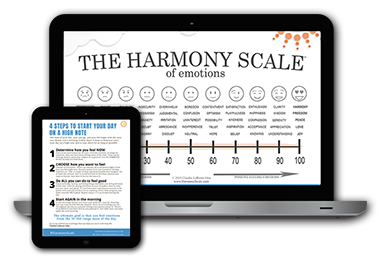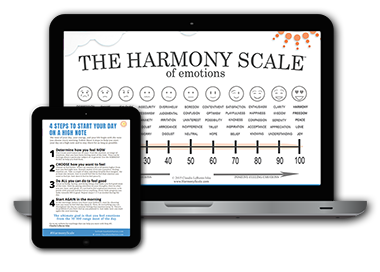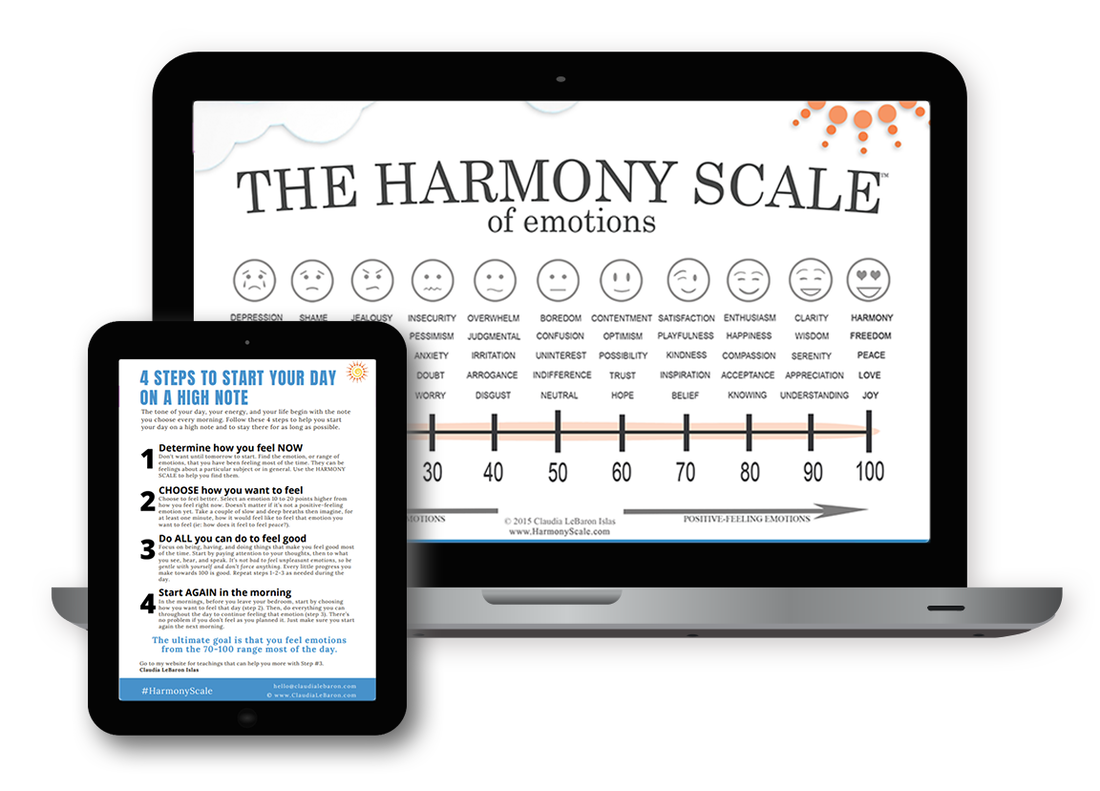|
We have the best intention to improve some area of our lives in the year that’s starting and for some reason the end goal seems to be so way out of reach, why is it that? Giving some thought to our New Year’s Resolutions and be prepared to do the work might just be what we need. According to studies, 80% of people that set up New Year’s resolutions will feel some kind of disappointment by the end of February. And out of all the people that set New Year’s resolutions, only 9% feel that were successful in achieving them by the end of the year. Don’t get disappointed yet and let’s begin by learning where New Year’s resolutions came from. Where New Year resolutions come from According to History.com, the first indication of New Year’s resolutions came around 4000 years ago with the Babylonians. During that time the Babylonians had a 12 day festival at the begining of their year where they made promises to their gods to pay their debts and to return objects they had borrowed. The belief was that if they kept their promises, that the gods would bestow favor upon them in the year that was starting. About 2000 years later, during the time of Julius Cesar, the Romans believed in a god called Janus. January was added to the calendar after this god. This god had two faces and Romans believed that this god could symbolically look backwards into the previous year and forward into the future. So, on the first of January Romans offered sacrifices to this god and made promises of good conduct for the coming year. Now, fast forward to early Christianity and you’ll see that they kept the first of January tradition to think about one’s past mistakes and to resolve to do and be better in the future –in particular during the New Year that’s starting. The most common New Year’s resolutions According to statisticbrain.com, only 41% of Americans make New Year’s resolutions. And the most common New Year’s resolutions in descending order are related to self-improvement, money, weight and relationships. It makes sense when you think that, according to history, the main goal of setting New Year’s resolutions is to be better than we were the year before, don't you think? It also makes sense about the money, weight and relationship resolutions because of the time of the year during which most people make them. If you think about it, people have been spending money, eating to their hearts content, and visiting family and friends ever since Thanksgiving until the end of the year. So, I think it’s only normal to set out those resolutions. Why New Year’s resolutions fail As you noticed, most of the time New Year’s resolutions fail because they‘re made at the last minute. There’s not enough thought, planning or determination involved in the set up process. I know that most of the time we make them is for fun or because someone asks us if we have any. But if you realize it, the moment you ditch your resolution, you might begin to feel a sense of failure or incapability that hurts your entire belief system, more specifically beliefs about yourself having what it takes to accomplish your goals. Another reason New Year’s resolutions fail is because we cannot see how broad and overwhelming they can be, nor are prepared mentally and emotionally for temporary setbacks that for sure are going to arise. How to improve your chances of achieving your New Year’s resolutions As you know, I like to keep things very simple. So I’m going to give you only three things you can do and keep in mind when setting up New Year’s resolutions or any other goal at any other time.
The secret of change is to focus all of your energy, not on fighting the old, but on building the new.” –Socrates You don’t have to set up New Year’s resolutions if you don’t want to. Although I recommend you to find a point in time, during the year, to give yourself the permission to start again. It can even be more than once a year. Most companies set goals every quarter; I don’t see why we couldn’t do the same. If you do want to set up New Year’s resolutions, I recommend you to give some thought to what you want to accomplish. Make sure these resolutions are to help you become better than you were the year before and make the commitment with yourself to do the work that needs to be done to accomplish them. What other ideas do you have to help us keep our resolutions or goals throughout the year? Share them with us in the comments below. Did you like this post? Subscribe here to send you more like it to your inbox every week. Also, share this post in your social media or with someone you think might benefit from this information. Thank you! Related Posts: A New Year is a New Chance to Start Again New Year, New Goals What Are The Most Important Areas In Your Life? 3 Steps to Know What You Really Want For This New Year image credit: https://www.123rf.com/profile_wavebreakmediamicro
4 Comments
I have begun to take the small steps more seriously as well as re-starting when I feel like I've gotten off track. I think so many people get overwhelmed when they feel like they are not doing what they are supposed to do or reaching the goal that they had in mind as a result of the resolution that they forget, they have the entire year to accomplish whatever it is they set out to do. Here's to new resolutions for 2018!
Reply
Claudia LeBaron Islas
1/28/2018 10:34:57 pm
That's right! You can start whenever. Happy New Year Brittany!!! ;)
Reply
LINDA DEVINE
1/28/2018 08:32:11 pm
I love reading your blogs. And it makes perfect sense that New Years Resolutions don't work. I will never make them again!!
Reply
Claudia LeBaron Islas
1/28/2018 10:36:30 pm
I love it that you love reading my blogs Linda! Thank you for always being there. Hugs :)
Reply
Leave a Reply. |
Hi! I'm Claudia LeBaron Islas.
The purpose of this blog is to give you ideas, information, and guidance that can help you live an empowered life. Recent Posts Categories
All
Did you find a typo, broken link, or inaccurate information? Let us know so we can fix it. Thank you! |
|
|
© COPYRIGHT 2015-PRESENT. ALL RIGHTS RESERVED.
By continuing browsing this website you agree to our Private Policy, Terms of Use, and Disclaimer
By continuing browsing this website you agree to our Private Policy, Terms of Use, and Disclaimer









